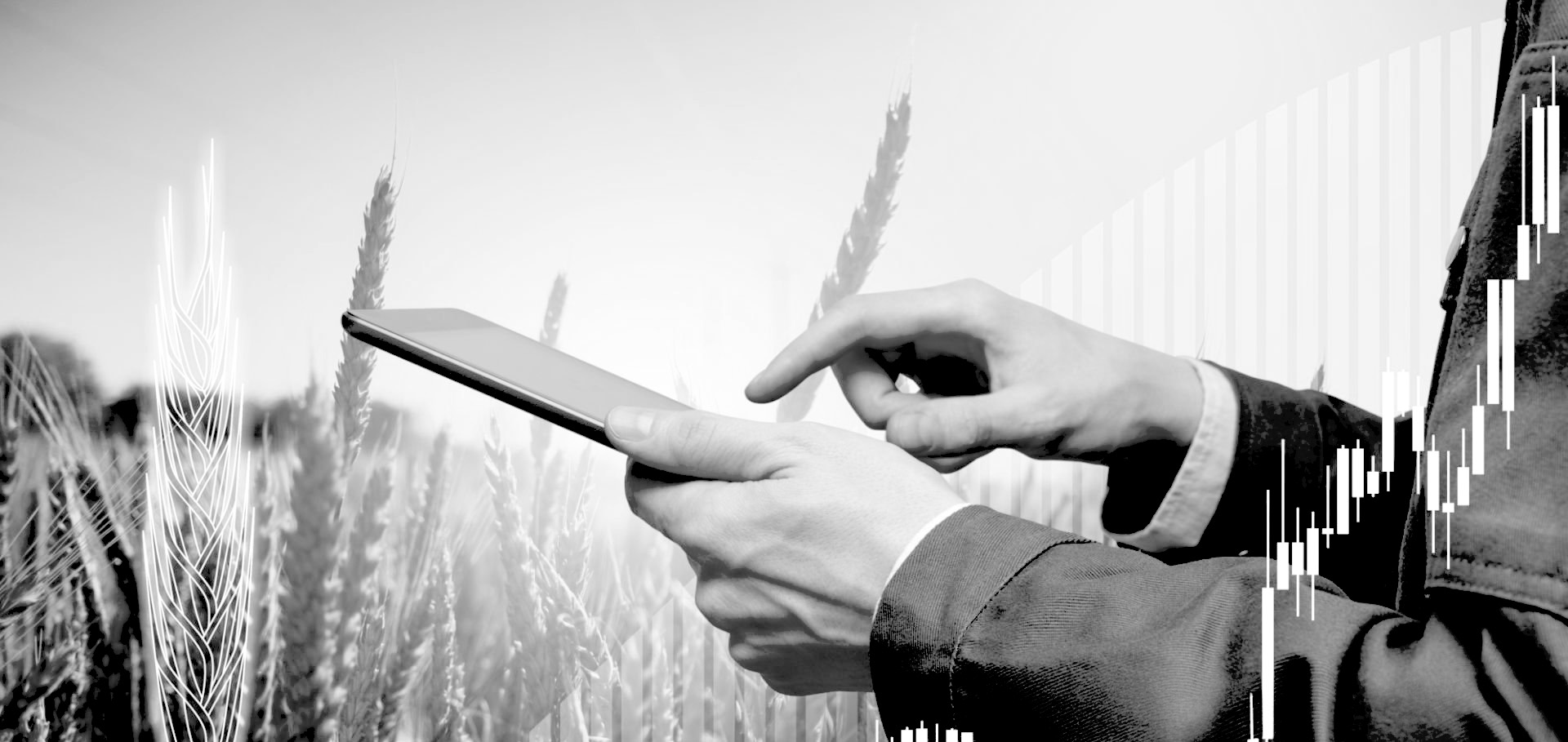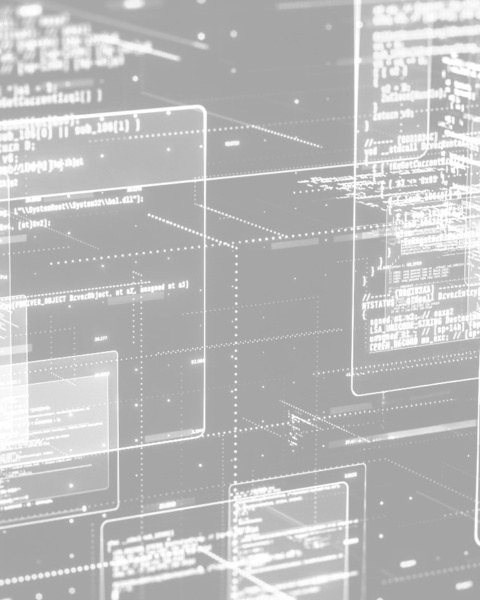The commodities trading sector is known for its complexity, high stakes, and the need for real-time decision-making. With vast amounts of data, numerous stakeholders, and constant market fluctuations, maintaining efficiency and accuracy is crucial. As these challenges continue to grow, financial institutions in the commodities sector are increasingly turning to AI-powered virtual agents to streamline their operations and stay ahead of the competition.
At Terranoha, we understand the demands of the commodities market, and our solutions are designed to optimize trading workflows, improve decision-making, and enhance overall efficiency. By integrating virtual agents into commodities trading, firms can achieve greater automation, precision, and speed — all without compromising compliance or security.
Why Virtual Agents are a Game-Changer in Commodities Trading
The commodities market involves a diverse set of processes, from price discovery and contract negotiation to risk management and compliance. Managing these activities manually is not only time-consuming but also prone to human error. This is where virtual agents come into play, helping to automate and optimize many aspects of the workflow.
Here’s how virtual agents can enhance commodities trading:
1. Automating Routine Tasks
Commodities traders often deal with repetitive and time-consuming tasks, such as data entry, trade confirmations, and contract management. Virtual agents can automate these routine processes, freeing up traders to focus on high-value tasks like strategy development and market analysis. By automating mundane tasks, virtual agents reduce human error and ensure that the workflow moves smoothly.
For example, virtual agents can automatically process transactions, confirm trades, and update trade logs in real-time, allowing traders to stay focused on decision-making rather than administrative work.
2. Real-Time Market Insights
The commodities market is volatile, and staying ahead of trends is essential for making informed trading decisions. Virtual agents, powered by AI, can track market fluctuations, analyze vast datasets, and provide real-time insights. By integrating virtual agents with trading platforms, traders gain immediate access to critical market data, helping them to react quickly to price changes, supply-demand shifts, or geopolitical events.
This timely access to information can significantly improve decision-making, giving commodities traders a competitive edge in a fast-moving market.
3. Streamlining Communication Across Teams
In the fast-paced world of commodities trading, clear and efficient communication between internal teams and external stakeholders is essential. Virtual agents act as smart communication hubs, streamlining interactions between trading desks, sales teams, operations, and clients. By automating notifications, confirmations, and updates, virtual agents help ensure that all stakeholders are aligned and informed.
For example, virtual agents can automatically send real-time updates to the sales team when a trade is executed, reducing the need for manual follow-ups and improving the speed of communication across the organization.
4. Risk Management and Compliance
Commodities trading is subject to a complex web of regulatory requirements. Compliance is non-negotiable, and the risk of human error in adhering to regulations is always present. Virtual agents enhance risk management by automating compliance checks, ensuring that every trade and transaction is fully compliant with industry regulations.
Virtual agents can also track risk factors in real-time, alerting teams to potential risks such as price volatility or counterparty exposure. By automating the monitoring process, these agents help mitigate risks, ensuring that trading activities remain within approved limits.
5. Enhancing Customer Service and Client Relations
In the commodities market, maintaining strong relationships with clients is key to success. Virtual agents can enhance customer service by providing clients with real-time updates on trade status, market conditions, or portfolio performance. By automating these customer interactions, virtual agents allow firms to respond to client inquiries quickly and efficiently, without the need for constant human involvement.
The Future of Commodities Trading with Virtual Agents
As the commodities trading sector becomes more digital and data-driven, the role of virtual agents will continue to expand. The integration of AI, machine learning, and natural language processing (NLP) will enable virtual agents to handle even more complex tasks, such as predictive analytics, sentiment analysis, and automated decision-making.
Virtual agents will also play a crucial role in the evolution of blockchain technology in commodities trading, providing enhanced transparency, security, and efficiency in tracking the movement of commodities.
Conclusion: Empowering Commodities Trading with Virtual Agents
The future of commodities trading is undoubtedly digital, and virtual agents are at the heart of this transformation. By automating repetitive tasks, improving communication, providing real-time insights, and ensuring compliance, virtual agents offer a comprehensive solution to the challenges faced by the commodities sector.
Companies in this industry can now optimize their processes, reduce costs, and position themselves as leaders in an increasingly competitive market. To discover how automation and AI solutions can enhance your operations in the commodities sector, explore the opportunities available on Terranoha’s dedicated commodities industry page.




